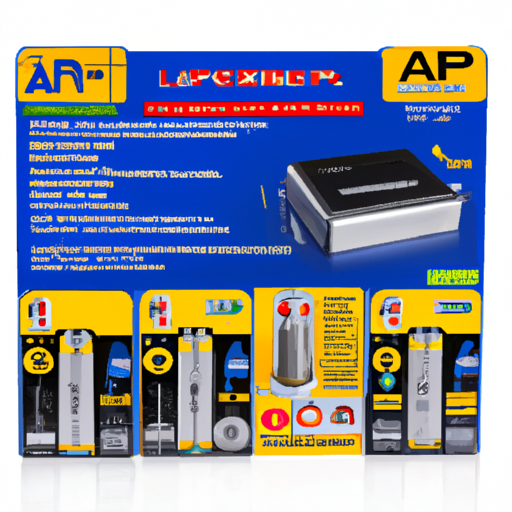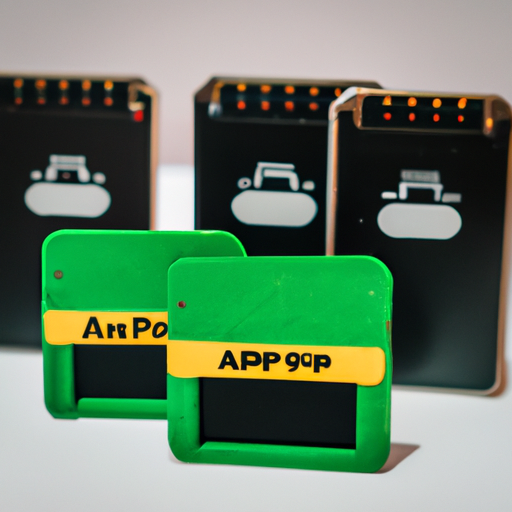Core Functional Technology of Non-Rechargeable (Primary) Batteries
Non-rechargeable batteries, or primary batteries, are engineered for single-use applications, converting chemical energy into electrical energy through electrochemical reactions. Below are the core technologies and features that define their functionality:
| 1. Chemistry Types | |
| 1. Consumer Electronics | |
| 2. Medical Devices | |
| 3. Emergency and Safety Equipment | |
| 4. Industrial Applications | |
| 5. Automotive Applications |
2. Energy Density: Non-rechargeable batteries generally exhibit higher energy density than their rechargeable counterparts, making them suitable for devices that require sustained power without frequent replacements.
3. Shelf Life: Many primary batteries boast a long shelf life, often exceeding 5-10 years. This characteristic is particularly beneficial for emergency devices and applications requiring long-term storage.
4. Temperature Range: Non-rechargeable batteries can function effectively across a wide temperature range, making them suitable for diverse environments, including extreme conditions.
5. Safety Features: Modern primary batteries incorporate safety features to prevent leakage, rupture, and other hazards, ensuring safe usage in consumer products.
Application Development Cases
Conclusion
Non-rechargeable (primary) batteries, such as the LC-R127R2P, are integral to powering a diverse array of applications across multiple industries. Their core technologies, including various chemistries and safety features, make them suitable for both everyday consumer products and specialized devices. As technology progresses, the development of more efficient and environmentally friendly primary batteries continues to evolve, ensuring their ongoing relevance and utility in the market.













